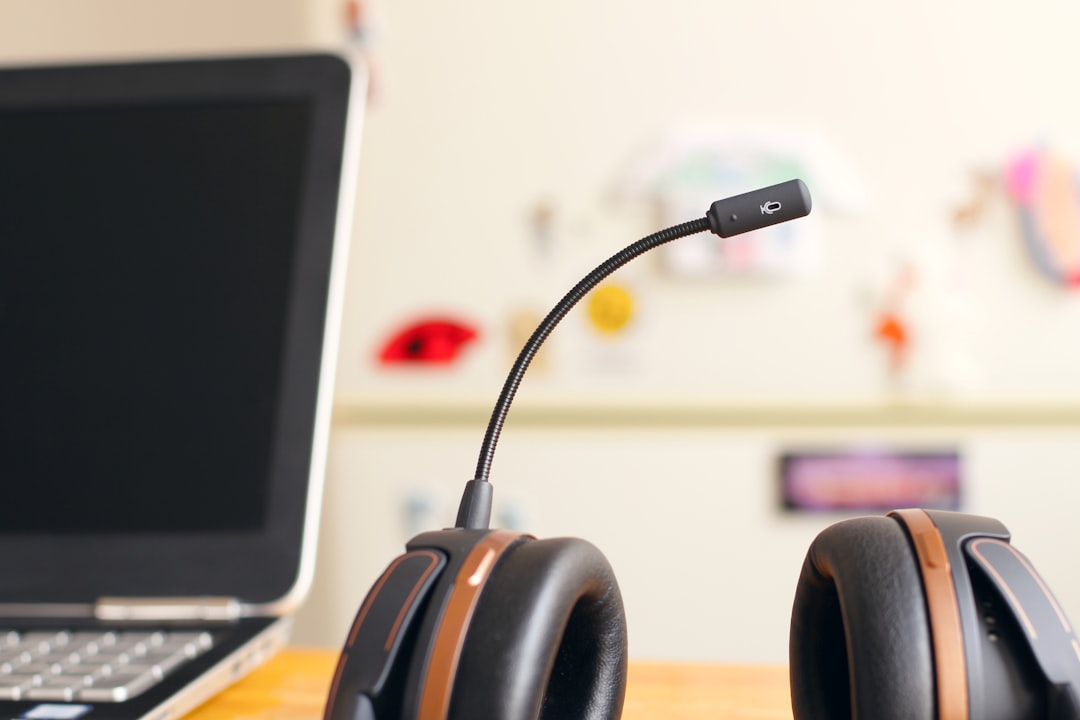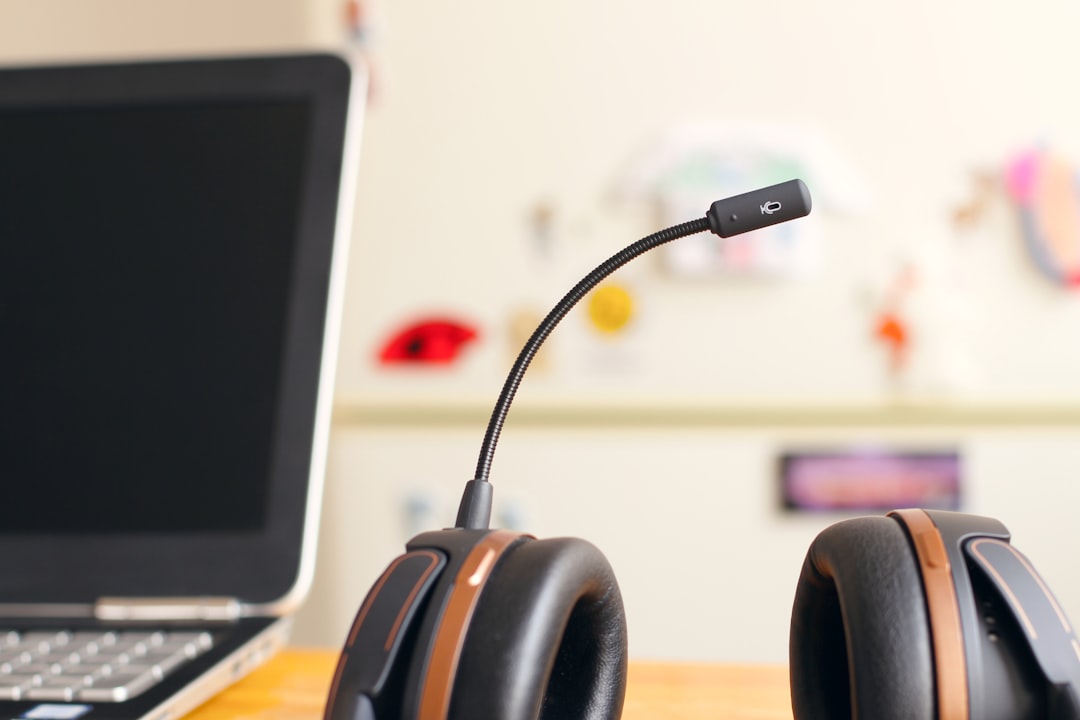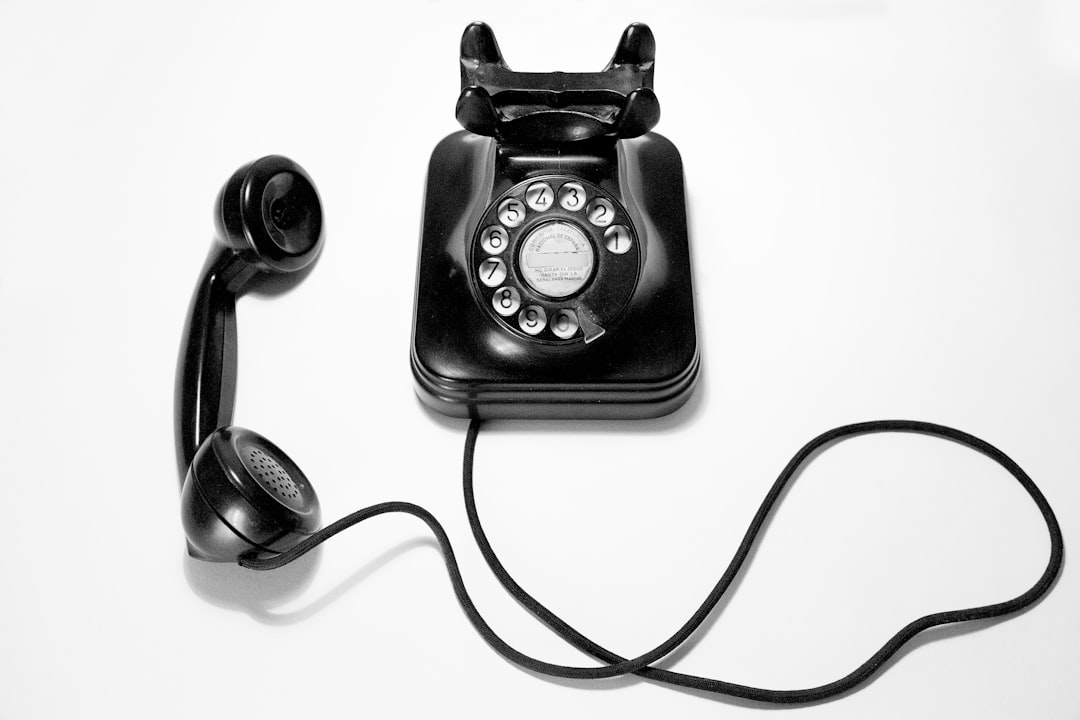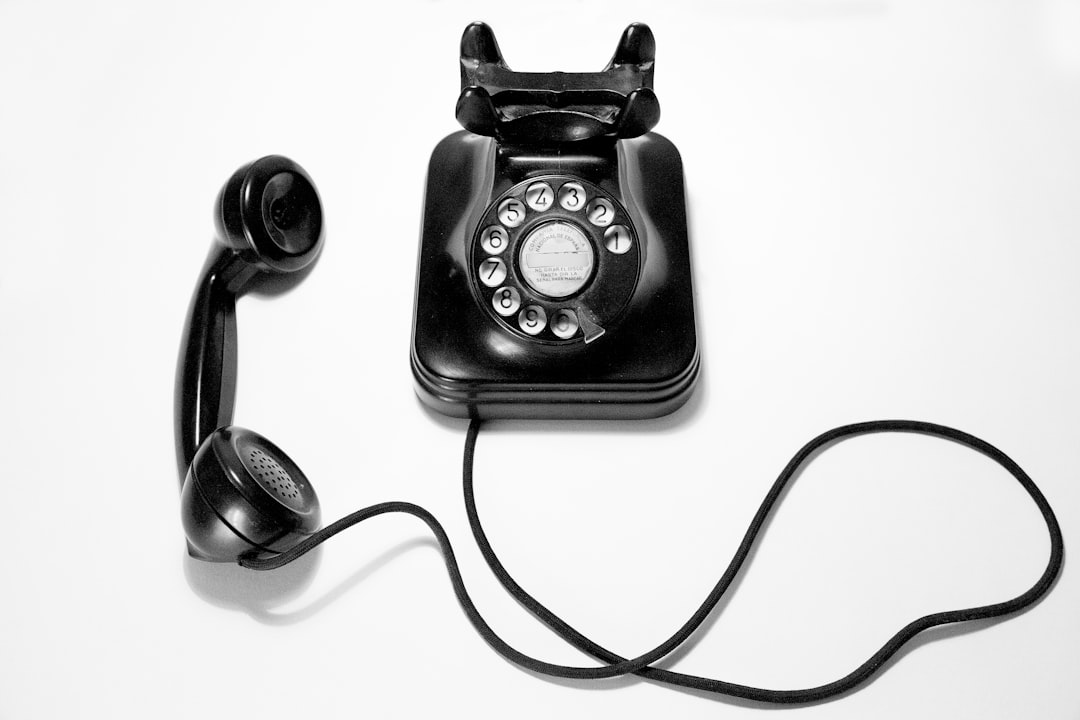Businesses in Massachusetts using autodialers for marketing or sales face strict consumer protection laws, including the Telephone Consumer Protection Act (TCPA). Engaging specialized autodialer lawyers Massachusetts is crucial to navigate consent requirements, maintain accurate records, and avoid hefty fines. These experts ensure compliance with federal and state regulations, protecting businesses from legal issues while fostering customer trust.
In Weymouth, businesses leveraging autodialers for marketing or sales must navigate a complex regulatory landscape. This article guides you through the intricacies of autodialer regulations in Massachusetts, outlining legal obligations and common compliance challenges. We explore best practices to ensure regulatory conformity and highlight the pivotal role that attorneys play in navigating these laws. Stay informed with our expert insights on managing autodialer usage, especially for businesses seeking reliable counsel from autodialer lawyers Massachusetts.
Understanding Autodialer Regulations in Massachusetts

In Massachusetts, businesses utilizing autodialers for marketing or sales purposes must adhere to strict regulations aimed at protecting consumers from unsolicited calls. These rules, enforced by the Massachusetts Attorney General’s Office, are designed to ensure fair and ethical business practices. The key regulation revolves around obtaining proper consent from callers before making automated dialer calls, often through opt-in mechanisms.
Auto dialer lawyers in Massachusetts play a vital role in guiding businesses through this complex landscape. They help companies understand when permits or additional authorizations are required, ensuring compliance with the Telephone Consumer Protection Act (TCPA) and similar state laws. Staying informed about these regulations is crucial for businesses to avoid costly fines and maintain consumer trust.
Legal Obligations for Businesses Using Autodialers

Businesses using autodialers in Weymouth and across Massachusetts have specific legal obligations they must adhere to, as these technologies carry potential compliance risks. Auto-dialing, or automated telephone dialing systems, are powerful tools for marketing and customer outreach but come with strict regulations designed to protect consumers from unwanted calls and ensure fair business practices.
According to the Federal Communications Commission (FCC) and state laws, companies must obtain prior express consent from individuals before placing automatic calls using an autodialer. This means that businesses must have clear documentation confirming a consumer’s agreement to receive such calls. Failure to comply can result in significant fines and legal repercussions, as seen through actions taken against companies by both regulatory bodies and private consumers. Engaging the services of specialized autodialer lawyers Massachusetts can help businesses navigate these complex regulations, ensuring they remain compliant while utilizing autodialing technology effectively.
Common Compliance Challenges with Automated Calls

Businesses utilizing autodialers in Weymouth, Massachusetts, often face unique compliance challenges. One of the primary issues is adhering to the Telephone Consumer Protection Act (TCPA), which regulates automated calls and texts. Violations can result in substantial fines, damaging a company’s reputation. Additionally, ensuring informed consent from callers and maintaining accurate records for each interaction are complex tasks that require meticulous attention.
Another common challenge is navigating state-specific regulations, as laws vary across the US, including Massachusetts. This complexity necessitates close collaboration with specialized autodialer lawyers to stay compliant and avoid legal pitfalls. Businesses must be vigilant in obtaining proper authorization, providing clear disclosures, and respecting caller preferences, all while leveraging the benefits of automated communication technologies.
Best Practices for Ensuring Regulatory Conformity

When using autodialers in Weymouth or anywhere in Massachusetts, businesses must adhere to strict regulations to avoid legal repercussions and protect their customers’ rights. Best practices for ensuring regulatory conformity include obtaining prior express consent from recipients before making automated calls, providing a clear opt-out option during each call, and maintaining detailed records of all contact attempts.
Engaging the services of experienced autodialer lawyers Massachusetts can significantly facilitate this process. These legal experts can guide businesses through the complex web of regulations, help craft policies that comply with legal requirements, and offer strategic advice on handling consumer complaints. Regular audits and updates to compliance procedures are also crucial to stay ahead of changing regulations, ensuring businesses remain in full regulatory compliance at all times.
The Role of Attorneys in Navigating Auto Dialer Laws

When it comes to navigating the complex legal landscape surrounding auto dialer usage in Massachusetts, businesses often find themselves in need of expert guidance. This is where attorneys specializing in telecommunications law play a pivotal role. With the ever-evolving regulatory environment, these legal professionals are equipped to help companies stay compliant with state and federal laws governing automated calling systems, such as the Telephone Consumer Protection Act (TCPA).
Auto dialer lawyers in Massachusetts assist businesses in understanding their rights and responsibilities, ensuring they employ these technologies within legal boundaries. They provide strategic counsel on issues like consent management, do-not-call list compliance, and proper disclosure requirements. By leveraging their knowledge of case law and regulatory interpretations, these attorneys help companies mitigate the risk of costly violations and protect themselves from potential litigation.





